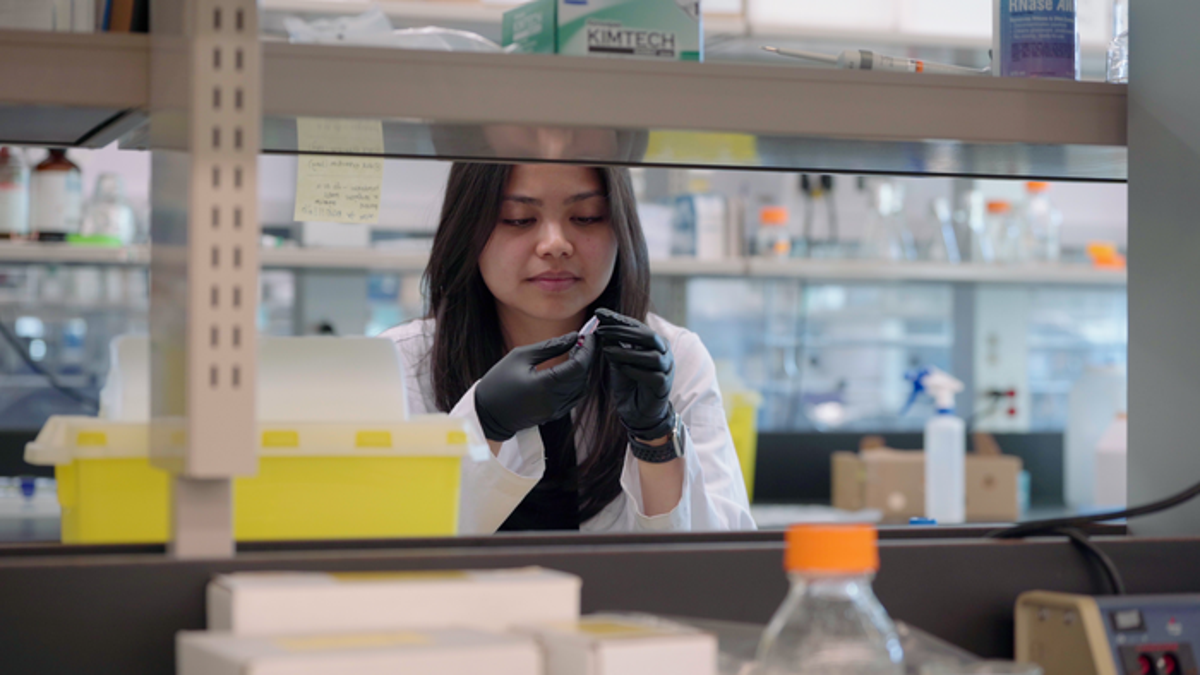
Scientists have discovered a new antibiotic using artificial intelligence that could be used against deadly hospital-bourne, treatment-resistant infections.
The process developed by the researchers, including those from McMaster University in Canada, could pave the way for discovering new antibiotics to treat many other challenging bacteria.
In the study, published in the journal Nature Chemical Biology, scientists sought to urgently develop new drugs to treat Acinetobacter baumannii – classified as one of the world’s most dangerous drug-resistant bacteria, according to the WHO.
The bacterium is known to cause pneumonia, meningitis, and infect wounds – all of which may also lead to death.
It has been found in hospital settings, where it lingers on surfaces for long periods.
Previous studies have also found that the pathogen is able to pick up antibiotic-resistance genes from other bacteria.
However, developing new antibiotics against A baumannii using conventional chemical screening trials has been challenging since traditional methods are time-consuming and costly.
In the new study, scientists used AI to predict previously unknown classes of antibacterial molecules and identified a new compound that they have named abaucin.
Using AI algorithms, researchers have been able to assess hundreds of millions, possibly billions, of molecules with antibacterial properties.
“This work validates the benefits of machine learning in the search for new antibiotics,” study lead author Jonathan Stokes said in a statement.
“Using AI, we can rapidly explore vast regions of chemical space, significantly increasing the chances of discovering fundamentally new antibacterial molecules,” Dr Stokes said.
Scientists believe the new compound abaucin is promising as it only targets A baumannii.
Since most antibiotics have a broad spectrum activity affecting all bacteria, they may disrupt the body’s helpful gut bacteria and open the door to serious infections, including by the deadly C difficile.
Targeting A baumannii with the new drug could make it less likely to rapidly develop drug resistance and help create new precise and effective treatments, researchers say.
“We know algorithmic models work, now it’s a matter of widely adopting these methods to discover new antibiotics more efficiently and less expensively,” James J Collin, another author of the study, said.
“AI methods afford us the opportunity to vastly increase the rate at which we discover new antibiotics, and we can do it at a reduced cost. This is an important avenue of exploration for new antibiotic drugs,” Dr Stokes added.







